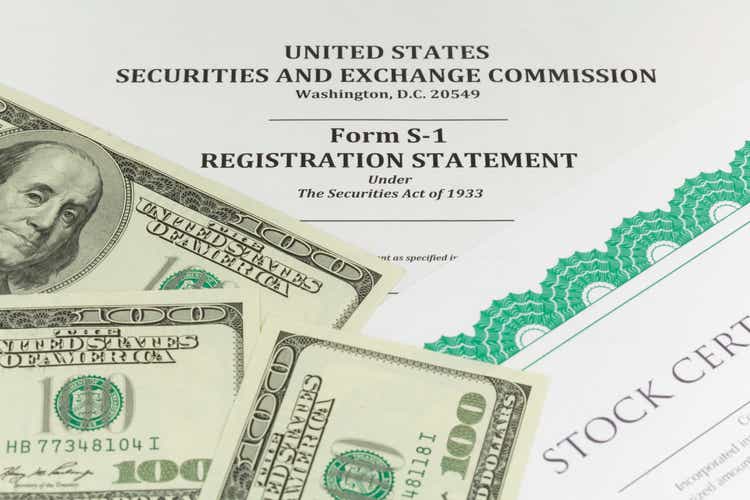European banks need more than fear of missing out to perform from here
Unlock the Editor’s Digest for free
Roula Khalaf, Editor of the FT, selects her favourite stories in this weekly newsletter.
For many years, European banks were judged as too risky to own by many investors, thanks to political meddling, sluggish economies and self-inflicted pain.
At some point, the risk becomes not owning them instead, when the sector’s outperformance starts to hit benchmarked returns for those on the sidelines. That risk is growing.
Share prices have soared this year — and first-quarter results have offered little to dissuade those won over to banks’ appeal. While the ECB is expected to start cutting interest rates as early as June, bond yields have risen this year alongside renewed inflation fears.
That is helping to support net interest income, with Spanish and Italian banks, like UniCredit on Tuesday, among those upgrading their profit outlooks. Those markets, where loans tend to be tied to market rates, account for seven of the top 10 performers, in terms of share prices, this year.
Loan losses remain subdued. Economies are performing better than expected and unemployment is low. Overall, provisions relative to loan books might increase a few basis points this year to 0.49 per cent, thinks UBS.
Combined with a more relaxed regulatory attitude, this is translating into increased returns to investors, through dividends and buybacks. The sector offers a dividend yield of 7 per cent this year — almost twice that once buybacks are included. The Stoxx 600 banks index is up 16 per cent year to date, outperforming the broader market by 10 per cent, with the sector’s valuation approaching 1 times tangible book value.
The outlook is less rosy for Europe’s crop of investment banks. True, shifting interest rate expectations created a flurry of debt capital markets activity early this year, as companies rushed to lock in lower rates. This helped push first-quarter revenues from both debt issuance and deals advisory at Deutsche Bank up 54 per cent year on year. Investment banking revenues at UBS were 25 per cent better than expected.
The debt capital markets rush is already slowing. Equity issuance wasn’t as busy. Europe is lagging behind the US in terms of recovering dealmaking and initial public offerings. European institutions had a mixed performance relative to the US, where first-quarter investment banking revenues rose 27 per cent.
Europe’s banks also have yet to shake off a deserved reputation for unforced errors. Deutsche Bank had soared higher, with shares up a third this year, until a €1.3bn provision last week related to its takeover of Postbank sent the stock down nearly a tenth.
Europe’s banks now have rising returns and investors’ fear of missing out on their side. Their propensity to produce unpleasant surprises, however, remains intact.
andrew.whiffin@ft.com
Source link




